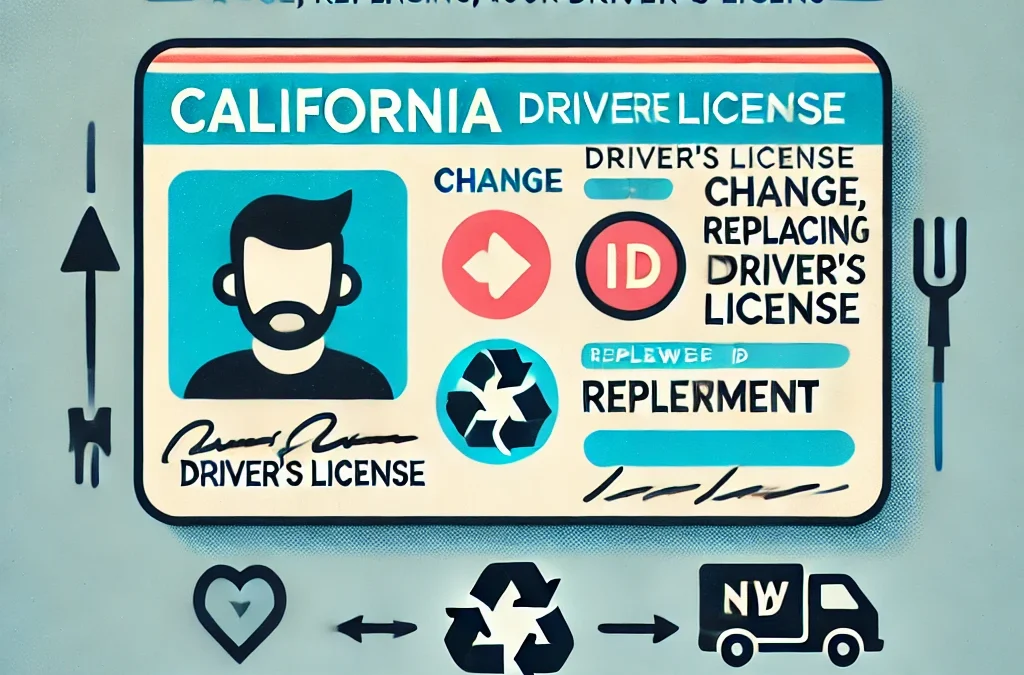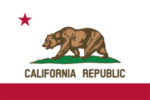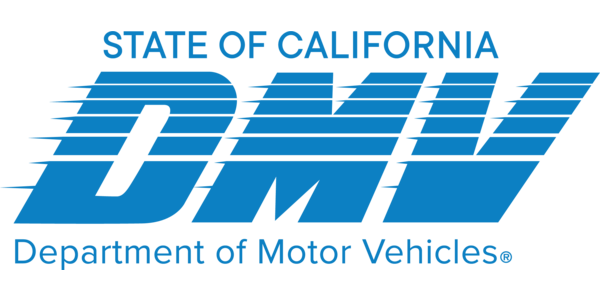
Changing, Replacing, and Renewing Your Driver’s License in California
Changing, Replacing, and Renewing Your Driver’s License in California
Keeping your driver’s license information up to date is crucial, as it ensures that the California Department of Motor Vehicles (DMV) has accurate details about you. Whether you need to change your personal information, renew an expired license, or request a replacement, this guide will walk you through the steps involved in managing your driver’s license.
Changes to Your License
If you legally change your name, physical description, or gender identity, you must notify the DMV and update your driver’s license. These changes ensure that your identification remains accurate and up to date.
- Visit dmv.ca.gov/dlservices to learn more about how to update your driver’s license.
- Depending on the changes, you may be required to provide additional documentation to verify the updated information.
Change Your Address
If you move, California law requires you to notify the DMV of your new address within 10 days. You can submit a change of address request online or by mail.
- Use the online form at dmv.ca.gov/addresschange, or send the information by mail.
- Be sure to update your address to receive important DMV notifications, including license renewal notices.
- Keep in mind, changing your address does not automatically issue you a new driver’s license. If you want a license that reflects your updated address, you’ll need to apply for a replacement license, which may require a fee.
Replace or Renew Your Driver’s License
Driving with an expired, lost, or damaged license is against the law. You must renew or replace your driver’s license to remain in compliance with state regulations.
- Visit dmv.ca.gov/dlservices to replace or renew a driver’s license.
- Before the DMV can issue a new license, you may need to provide additional proof of your identity. This is especially true for minors, whose licenses may expire on the same date as their identity documents, such as a birth certificate or passport.
- If you are under 18, your parent or guardian will need to sign the application for the replacement or renewal.
- Once you receive the replacement card, your old license is no longer valid. If you find your old license after receiving the replacement, you must destroy it.
Extend Your Driver’s License
If you are out-of-state and cannot return to California before your driver’s license expires, you may request a one-year extension. This extension gives you additional time before you must renew your license.
- Submit a request by emailing dl-extensions@dmv.ca.gov. Be sure to include your name, driver’s license number, birth date, California residence address, and your out-of-state address.
- Note that limited-term licenses are not eligible for this extension, and your request should be submitted before your current license expires.
Conclusion
Keeping your driver’s license information up to date is critical for ensuring your legal driving status in California. Whether you’re changing your personal information, moving to a new address, or renewing an expired license, it’s important to follow the proper procedures to avoid penalties and ensure that your license reflects your current circumstances.
For more information on these processes, visit the DMV website at dmv.ca.gov/dlservices




Recent Comments